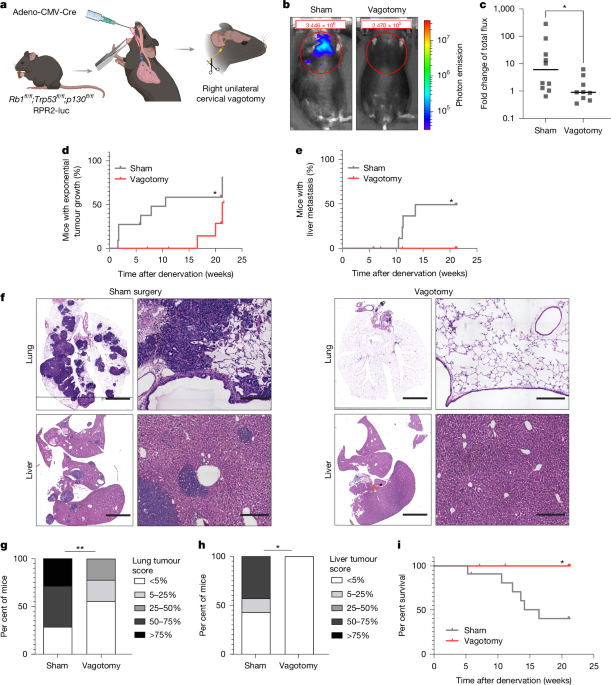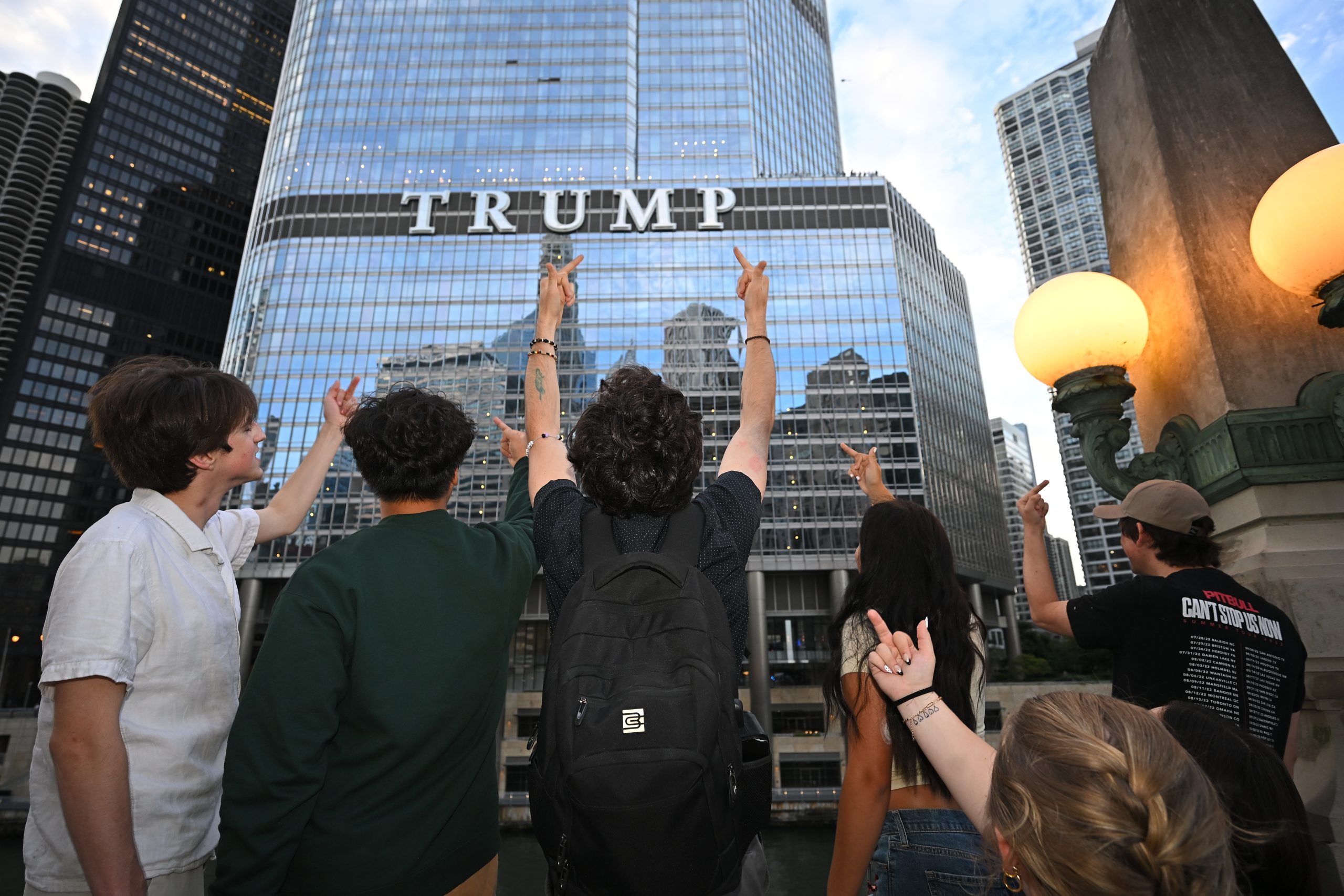Millions of men could benefit from a faster 15-minute prostate cancer scan that paves the way to a national screening programme.
The new MRI scan takes half the time of the current one and costs half as much but was just as accurate at diagnosing the disease in a landmark trial.
UK researchers say their findings are likely to lead to changes in clinical practice and should make the scans more accessible to men who need one.
It comes as the Daily Mail is campaigning for a national prostate cancer screening programme, initially targeted at high risk men.
Prostate cancer is the most common cancer in men, with around 56,000 diagnoses and 12,000 deaths each year in the UK.
The introduction of MRI scans over the last decade has been the biggest change in how prostate cancer is diagnosed for 30 years.
Abnormalities seen on the MRI scan allow targeted tissue biopsies to be taken that can improve cancer detection.
A normal MRI result, which occurs in around a third of patients, is reassuring and allows men to avoid an unnecessary biopsy.

The Daily Mail is campaigning for a national prostate cancer screening programme, initially targeted at high risk men
Despite the clear benefits of the MRI scan only 62 per cent of men who needed a prostate MRI in England and Wales received one in 2019, the most recent year for when data is available.
In the new study, cancer specialists from 22 hospitals in 12 countries recruited 555 patients aged 59 to 70 to see whether a streamlined two-part ‘biparametric’ MRI could detect cancer at the same rate as a full three-part ‘multiparametric’ MRI, which is currently standard of care in the UK and includes a third stage where a dye is injected into the patient.
All patients underwent the full three-part scan.
Radiologists then assessed the two-part scan without the dye, and separately assessed the three-part scan with the dye, for every patient.
A prostate biopsy was done when required to confirm whether or not the diagnosis was correct.
Researchers from University College London and University College London Hospital confirmed that the two-part scan was just as effective at diagnosing prostate cancer.
In total, 29 per cent of the patients had important prostate cancer diagnosed by the shorter two-part scan, the same percentage as the longer three-part scan.
The three-part scan typically takes around 30 to 40 minutes and costs an average of £273 on the NHS.

Health secretary Wes Streeting has declared his support for a national prostate cancer screening programme
However, the two-part scan takes just 15 to 20 minutes, reduces the need for a doctor to be present and is 47 per cent cheaper.
The findings of the Prime trial, funded by the John Black Charitable Foundation and Prostate Cancer UK, are published in JAMA, the Journal of the American Medical Association.
Associate Professor Veeru Kasivisvanathan, lead researcher and Chief Investigator on the trial from UCL Surgery & Interventional Science and UCLH, said: ‘Currently around four million MRI scans are needed each year globally to diagnose prostate cancer.
‘This demand is set to rise rapidly with a predicted surge in prostate cancer cases over the next 20 years.
‘Time, cost and staff availability are all limiting factors in how many scans can be offered, which makes the results of the PRIME trial particularly important.
‘If we can do the scan in up to half the time, with fewer staff and at lower cost, that will make a huge difference in allowing every man who needs a scan to be able to get one in a timely fashion.’
The NHS already offers national screening programmes for breast, bowel and cervical cancers – but not for prostate cancer.
The UK National Screening Committee, which advises the government on which screening programmes to offer, is currently considering recent developments around prostate cancer diagnosis and is due to report its findings later this year.

Former prime minister Rishi Sunak has also backed a national prostate cancer screening programme
Associate Professor Francesco Giganti, a lead radiologist on the trial from UCL Surgery & Interventional Science and UCLH, said: ‘The three-part multiparametric MRI scan has been a game-changer for the diagnosis of prostate cancer, sparing thousands of patients unnecessary biopsies and improving cancer detection.
‘Currently we inject a dye into the patient that highlights the presence of cancer on the MRI scan, but this step requires time and the presence of a clinician, and can on rare occasion cause mild side effects.
‘Being able to make accurate diagnoses without the contrast stage will reduce scan time meaning we can offer scans to more men using the same number of scanners and operators.
‘However, it is vital that the scans are of optimal diagnostic quality and that they are interpreted by a radiologist with dedicated expertise in prostate MRI.’
Separately, Prostate Cancer UK’s Transform trial, the biggest prostate cancer screening trial for 20 years, is due to begin later this year.
It will find the best way to screen men for prostate cancer, achieving the evidence needed for the introduction of a national screening programme.
The results of the Prime trial are an important step towards realising this ambition.
Dr Matthew Hobbs, director of research at Prostate Cancer UK, said: ‘The results from the PRIME trial, showing that a faster, cheaper, type of prostate MRI is just as good as the current standard MRI at detecting prostate cancer, are a hugely important step in the right direction for making MRIs more efficient.
‘Another trial is already happening in the UK and the results of the two trials together should provide the complete evidence package we need to change practice across the country.
‘We encourage (health watchdog) NICE to prepare to review their guidelines as soon as that evidence base is complete, so that we can make MRI quicker, cheaper and less onerous for men.’
Health secretary Wes Streeting has declared his support for a national prostate cancer screening programme in a major boost for the Mail’s campaign.
The health secretary told MPs in April that he would like to see the NHS proactively offer men tests for the disease in a move that could prevent thousands of needless deaths.
He said he is ‘particularly sympathetic’ to the argument that this should initially be targeted at high-risk men.
The call for targeted screening has also been backed by former prime minister Rishi Sunak, former home secretary Sir James Cleverly and Calvin Bailey, a Labour MP and the chairman of the all-party parliamentary group on prostate cancer.
Source link


